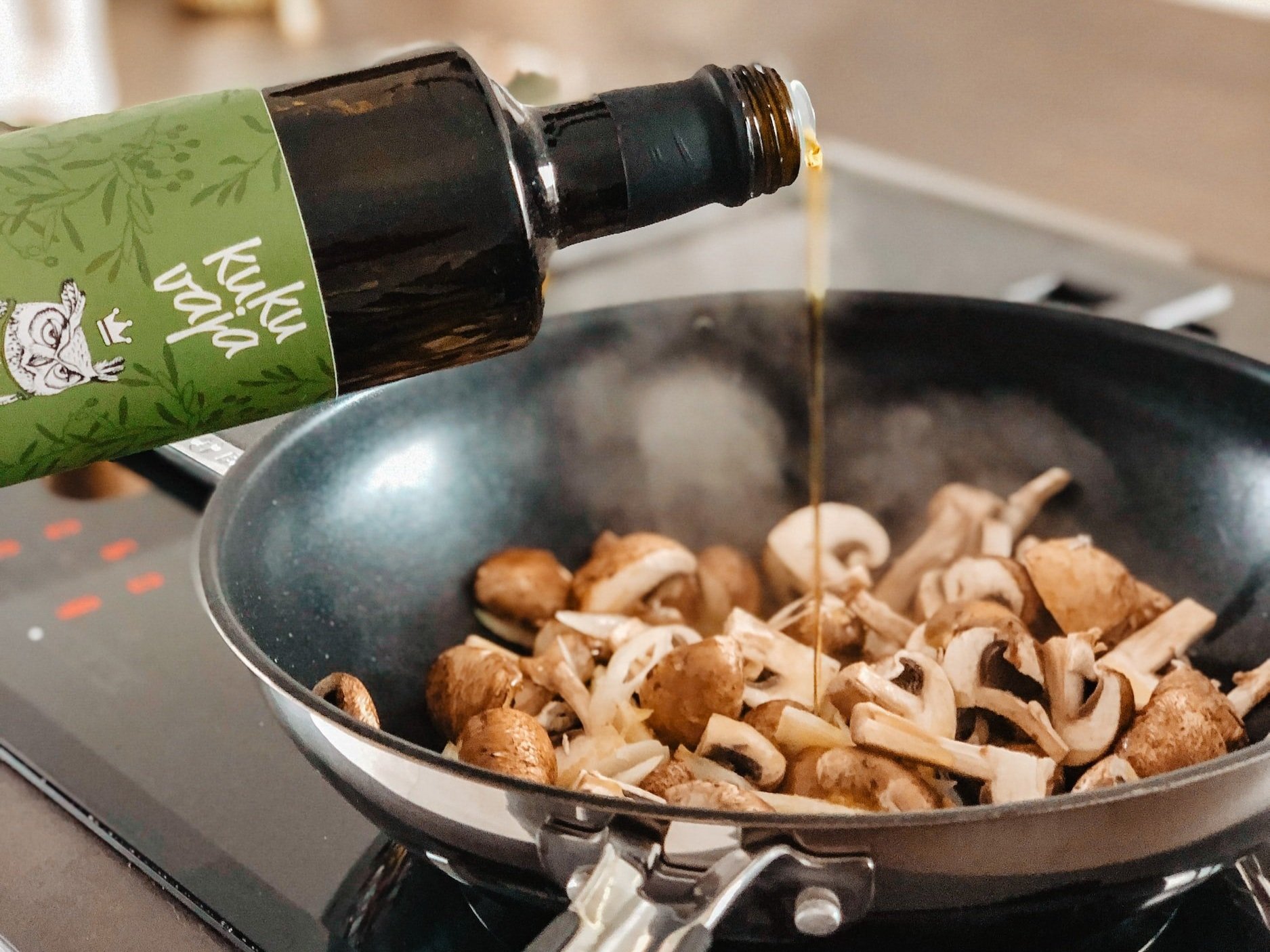When & what should you eat before and after training?
When it comes to fuelling your body for high intensity activity, carbohydrates are actually the most important of all the macronutrients. Many people demonise carbs, especially in weight loss fads and diets; however, if you’re an athlete, fitness enthusiast, or someone who is combining regular exercise as part of their fat loss strategy, then you really want to ensure you’re giving your body what it needs to both train and recover optimally.
Simply put, if you don’t have enough carbohydrates, your performance will suffer; your training intensity will decrease, and you’ll feel physically and mentally fatigued earlier than desired. If you’re an athlete, you don’t want that. And even if you’re not, I’m sure you want to get the most out of your sessions and to recover after you train so that all your hard work doesn’t go to waste (because it’s during recovery when the real training adaptations take place)!
So, let’s touch on WHEN and WHAT carbohydrates to consume before and after you exercise.
PRE-TRAINING
As I’ve already mentioned, consuming carb-rich foods prior to your training session (whether that be for sport or fitness) will result in improved performance in your session; you’ll have the energy you need and also be able to work at the appropriate intensity.
Time-wise, you want to eat around 2 to 4 hours before you exercise as this allows enough time for the belly to settle and also enhances your liver and muscle glycogen (to prevent muscle breakdown, you want to make sure your energy stores are high before you start training).
When it comes to the amount you want to consume, eat foods that provide around 2.5g of carbs per kg of your body weight. Alternatively, you could also break this up by having a meal about 3 to 4 hours before you exercise and then a lighter meal/snack 1 to 2 hours before you train.
Examples of pre-training snacks (consume 1-2 hours before your session):
Cereal (dry or with milk)
Bagel/bread with ½ an avocado (choose wholewheat for more protein and fibre)
Banana on toast with cinnamon
Yoghurt with dried fruit
Pot of rice pudding
Oatcakes with jam, peanut butter, or cream cheese
Fresh fruit
Cereal bars or energy bars
NB: YOU SHOULDN’T EAT WITHIN 30 MINUTES OF TRAINING!
POST TRAINING.
The sooner you can eat and replenish your carbohydrate stores after exercise, the better. Those first 2 hours after you finish exercising are the most optimal, as that’s when glycogen replenishment occurs at around 150% of its normal rate (glycogen is how the body stores carbohydrates). During this 2-hour window, you’ll want to aim to consume around 50g of carbohydrates. High GI foods are going to be best post-exercise as the sugars in these foods can be quickly absorbed and help to replenish your carbohydrate stores more quickly.
Examples of carbohydrate-dense post-exercise snacks:
50-75g of raisins
4-5 oatmeal biscuits
4-5 rice cakes with fruit spread
150g of grapes + 2 oranges
50-75g of breakfast cereal
Bread roll filled with honey.
Post-exercise, carbohydrates are most important for recovery, but you also want to consume protein in your diet to help with muscle building and repair. If your protein intake is generally good, then you don’t necessarily need to consume your protein “immediately after training”. However, an easy way to ensure balance would be to try to consume a high-carb-based meal paired with vegetables and 15-25g of protein in those first 6 hours after a workout.
NB: EXTRA PROTEIN IS NOT CONVERTED INTO MUSCLE & IT’S POSSIBLE TO CONSUME TOO MUCH PROTEIN. GUIDELINES SUGGEST THAT PROTEIN SHOULD MAKE UP 10-15% OF YOUR TOTAL DAILY ENERGY INTAKE (10-20% FOR ATHLETES).
If you found this post beneficial, please leave a comment below, or share it with a friend you think will benefit.
About The Author: Torema Thompson is an athlete, qualified personal trainer, and UKA athletics coach. She is passionate about helping athletes and fitness enthusiasts go from newbies to masters in their athletics and/or fitness.
Connect with Torema on YouTube and Instagram, or subscribe to her email list.




